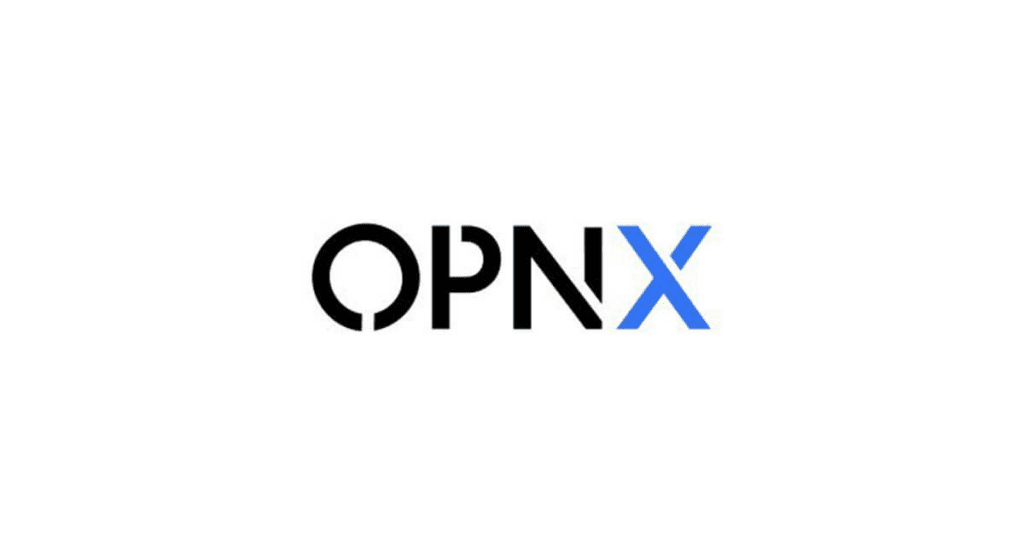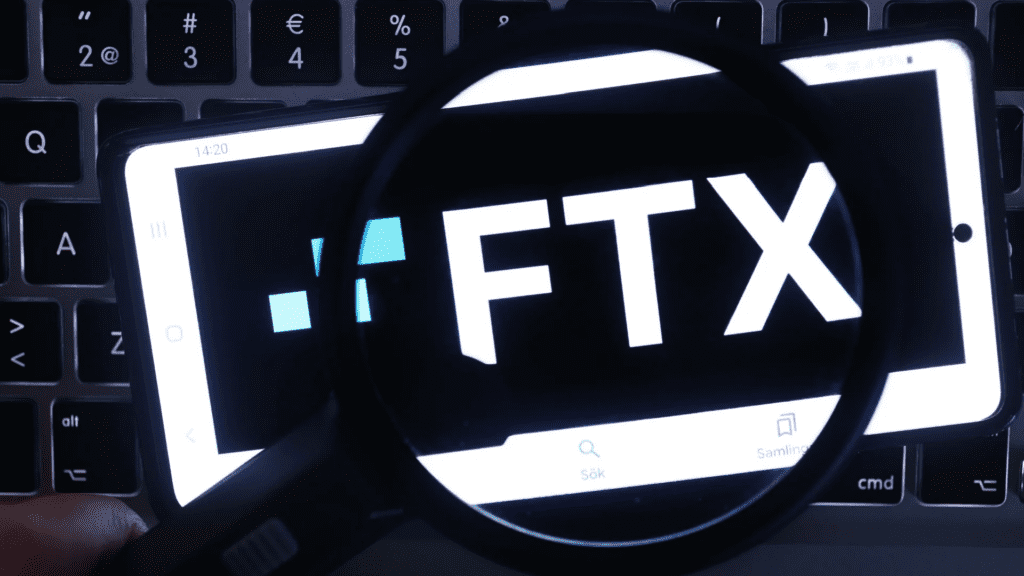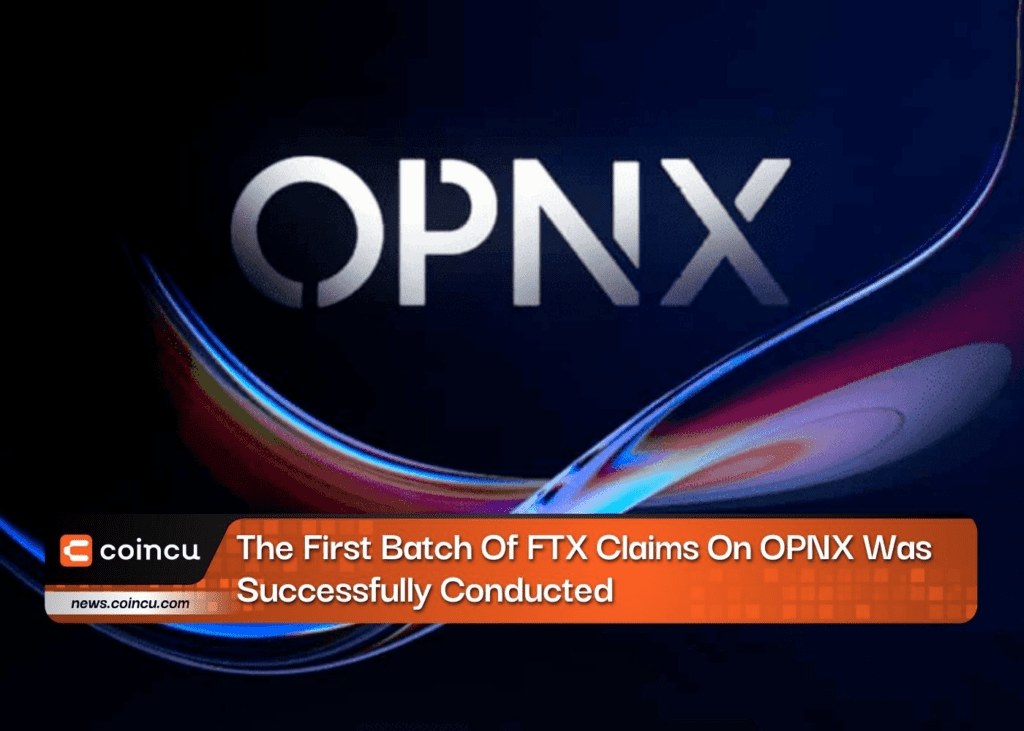Key Points:
- OPNX successfully processes FTX claims and launches FTX/oUSD spot market.
- oUSD introduces innovative credit currency for crypto collateral, addressing key industry challenges.
- The exchange also announces Justice Token to address defamation cases, ensuring fairness for affected communities.
Three Arrows Capital founder, Su Zhu, has reported that Open Exchange (OPNX) has successfully processed the initial batch of FTX claims, and the platform has launched the FTX/oUSD spot market.

This development comes after OPNX, an encrypted claims and trading platform co-founded by Su Zhu and others, officially introduced tokenization of FTX claims.
The launched feature on OPNX allows users to trade bankruptcy claims of both FTX and Celsius Network. By doing so, users can monetize their claims and regain control over their funds, offering immediate liquidity for the claims that arose after FTX collapsed, leaving customers owed up to $8 billion, and Celsius Network owed around $4.7 billion.

Selling their claims on OPNX grants users native tokens such as reOX or oUSD, which can then be utilized as collateral for trading. This option provides an alternative to the lengthy process involved in resolving bankruptcy claims, giving traders a quicker and more flexible means to access their funds.
In the past month, OPNX introduced a credit currency, “oUSD,” for margin trading. The litepaper for oUSD identifies it as a solution to three critical problems. Firstly, lenders often hesitate to trust platforms to hold cash loans backed by crypto collateral. Secondly, exchanges and lending platforms are reluctant to lend cash to margin traders due to the risks highlighted during the 2022 bear market’s multiple bankruptcies. Thirdly, crypto derivatives traders desire “portfolio margin,” enabling them to borrow and trade based on their crypto holdings rather than stablecoin holdings.
The oUSD serves as a “credit currency,” available for purchase at a 1-to-1 ratio with Tether, and can also be used to measure profit and loss when users utilize Bitcoin, Ether, or other cryptocurrencies as collateral. Users with a negative oUSD balance will be subject to an interest rate set by holders of the platform’s native token, OX. On the other hand, users with a positive oUSD balance can cash out by redeeming it for USDT.
Recent announcements from OPNX revealed their plan to launch the FatManTerra Justice Token in response to legal actions initiated against FatManTerra by multiple parties. This token is designed to distribute potential settlement outcomes to communities that claim to have been harmed by defamation caused by FatManTerra’s long-term malicious disinformation.
The distribution of Justice Tokens will be equally divided among RLB, LUNA, LUNC, and OX holders, representing four communities allegedly harmed by FatManTerra’s actions. This unique mechanism aims to address the grievances of affected parties and bring justice to those impacted by the spread of false information.
As part of its bankruptcy, FTX releases a draft creditor-repayment plan, offering to settle customer claims in cash and abolish its digital token, FTT. The idea divides creditors into classes, with one class possibly resuming the exchange with third-party investors if an agreement is reached.
DISCLAIMER: The information on this website is provided as general market commentary and does not constitute investment advice. We encourage you to do your own research before investing.





